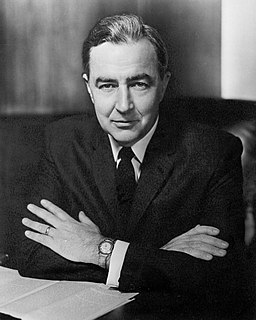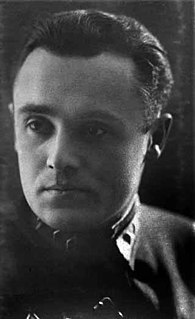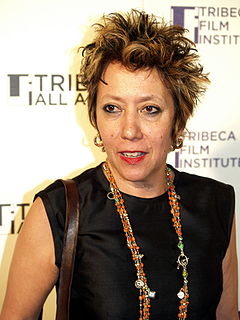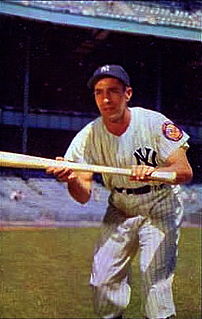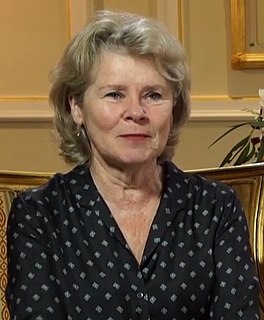A Quote by Charles Stanley
We're enlarging in every single area of the ministry at In Touch. We're on radio and television. We're in over 110 million homes in America plus radio on satellites. We just acquired the NAMB FamilyNet television network, and with that expanding possibilities of the gospel.
Related Quotes
There is danger in the concentration of control in the television and radio networks, especially in the large television and radio stations; danger in the concentration of ownership in the press...and danger in the increasing concentration of selection by book publishers and reviewers and by the producers of radio and television programs.
The further conquest of space will make it possible, for example, to create systems of satellites making daily revolutions around our planet at an altitude of some 40,000 kilometers, and to assure universal communications and the relaying of radio and television transmissions. Such an arrangement might prove more useful, economically, than the construction of radio relay systems over the whole surface of the earth. The great accuracy of movement of these satellites will provide a reliable basis for solving navigational problems
I did television for a very long time, but if you're on television, words don't count. What the eye sees beats the words. If you switch sides, from radio to television, you learn that the wordiness that you learn on the radio is useless or not nearly as powerful, and you have to learn to trust that the eye will just beat the ear.
Television is perhaps the greatest medium ever discovered to teach and educate and even to entertain. But the filth, the rot, the violence, and the profanity that spew from television screens into our homes is deplorable. It is a sad commentary on our society. The fact that a television set is on six or seven hours every day in most of the homes of America says something of tremendous importance.




